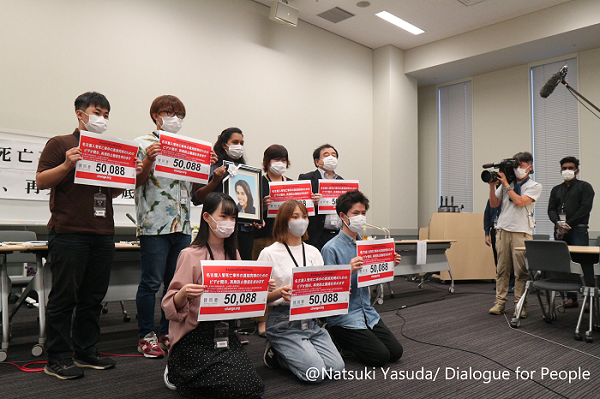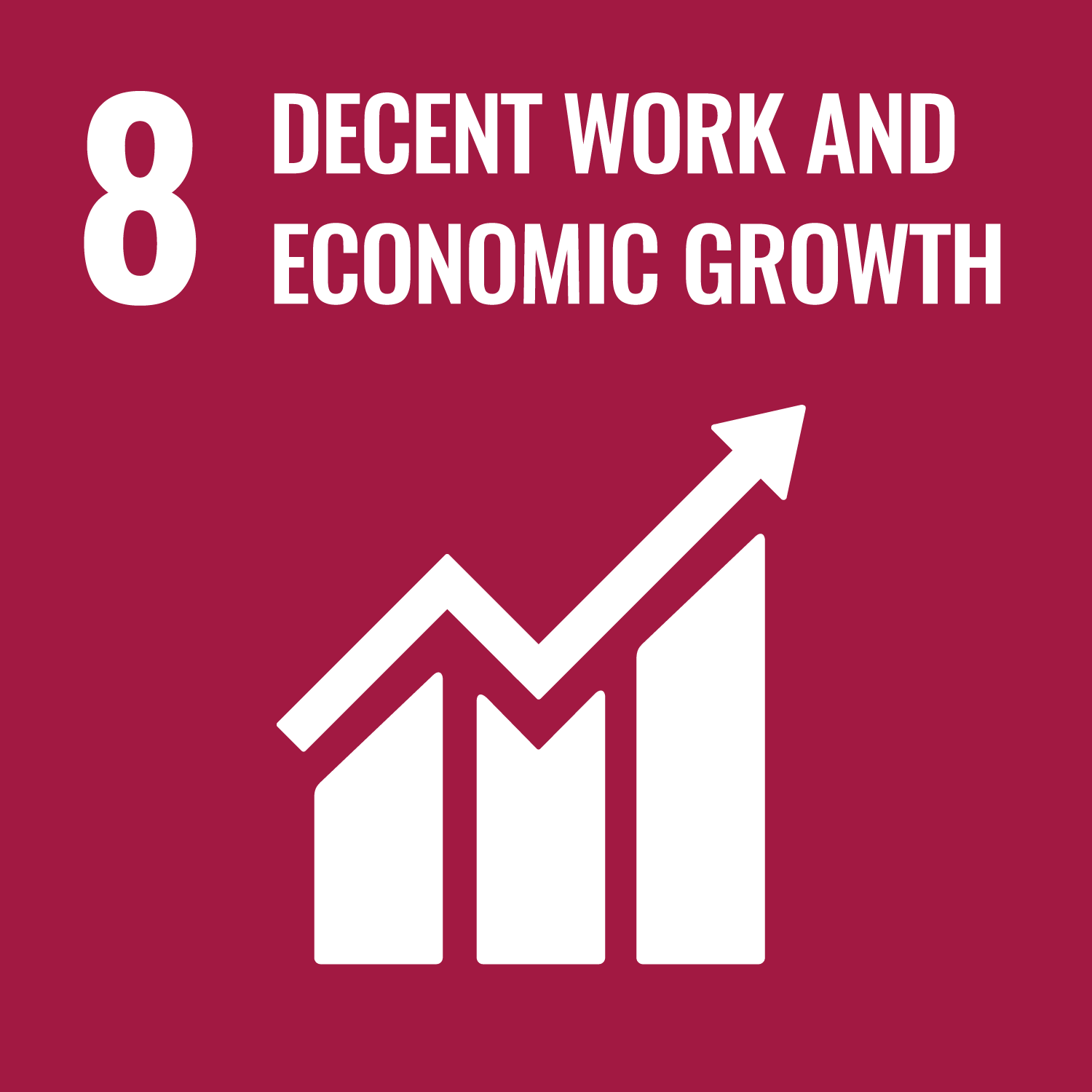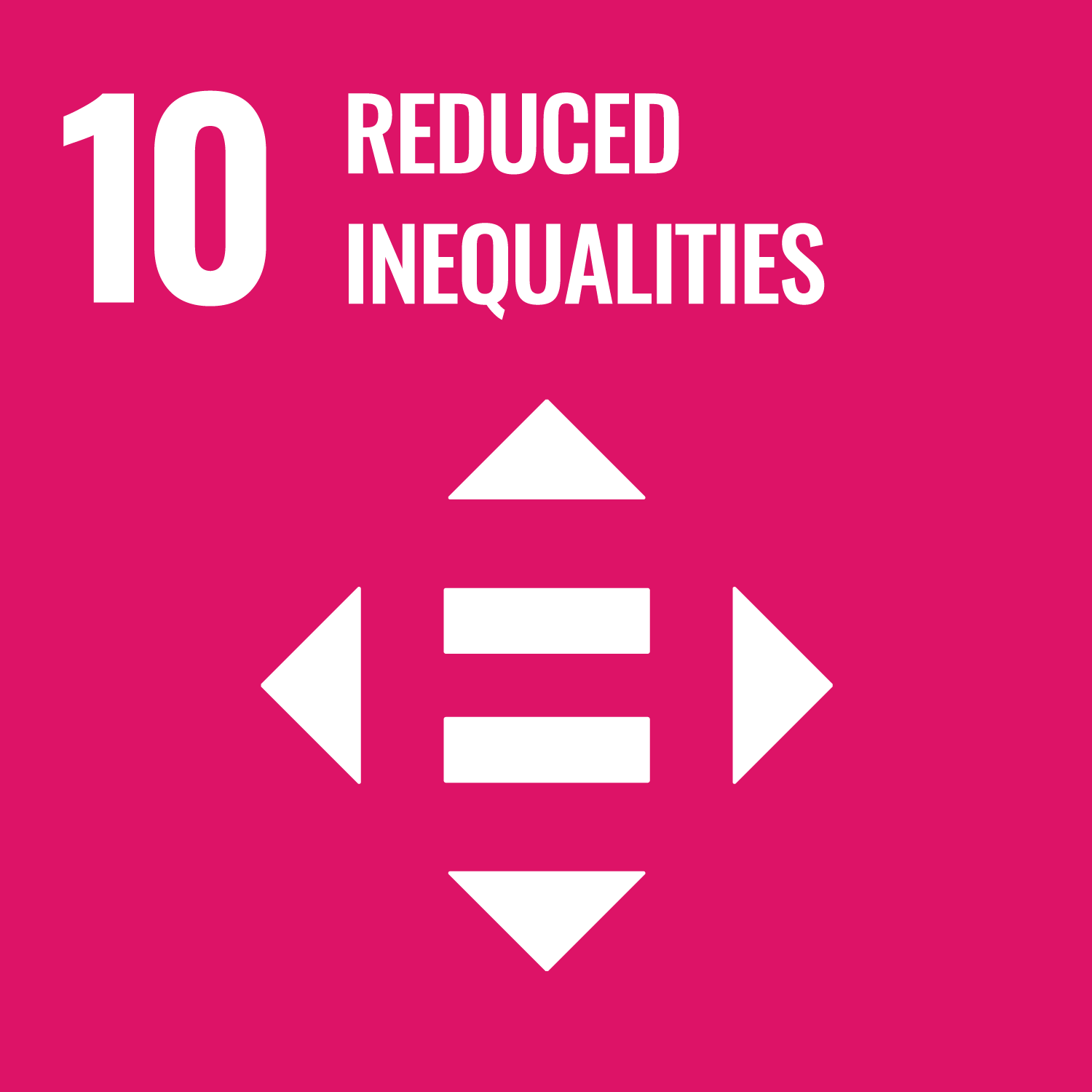BOND Sophia Branch
- Club & Circles
We interviewed Ms. Akane Kano, the member of BOND Sophia Branch.

–Q1 Please tell us the background of your founding.
In the early 2000s, the issue of human rights violations at immigration detention facilities came to the surface. At that time, students and other citizens with a sense of justice began to go to the detention facilities and conduct visitation activities. However, as we felt the limitations and helplessness of continuing our visitation activities individually, we decided that we needed an organization that would collaborate among supporters and fight against the human rights violations faced by foreign nationals. This is the reason why our organization was established in 2008. As for the Sophia branch, it was established in 2019 by a Sophia student with her wish for Sophia students to pay more attention to this issue
–Q2 What are your specific activities?
We are engaged in three main activities on a daily basis. First, we conduct visitation activities as the core of our activities. We visit the immigration detention centers in Shinagawa, Ushiku, and Yokohama to talk with the detainees and understand the conditions and treatment in the centers. If inhumane conditions are found, we make a request to the Immigration Bureau for improvement. We also share information about events outside the facility and make connections between detainees. The second is public relations, using social networking services to disseminate information on immigration issues, with the aim of increasing the number of people who are interested in immigration issues and gaining new supporters. The third is liaison and education. By organizing events and study groups to understand the problem, we aim to form a public opinion to solve the immigration problem and solve it from the root.
–Q3 Please tell us about the activities that have been successful.
In March 2021, a Sri Lankan woman died in an immigration detention facility in Nagoya. In response to this incident, BOND organized a group of student citizens to demand an investigation into the truth of the incident, and together with student volunteers from all over Japan, we conducted activities to demand an investigation into the truth of the death and to prevent its recurrence. I think this activity drew a lot of public attention. In about three months, we received 93,148 online signatures. It made me realize that so many people are as concerned about human rights violations in Japanese society as we are, and it gave us something to work on in the future.
Regarding the relevance of the SDGs, I believe that our activities fall under the 8th and 10th goals of the SDGs. First of all, goal number 8, “Decent Work and Economic growth” may not seem to have much to do with the immigration issue, but I think it is related to the target of ” Protect labor rights and promote safe and secure working environments for all workers, including migrant workers, in particular women migrants, and those in precarious employment”. Going back in history, during the bubble economy, Japan accepted a large number of foreign workers due to the labor shortage and tacitly allowed them to work even if they lost their status of residence. Later, however, as the labor force was no longer needed, foreigners whose status of residence had expired were caught, detained, and forced to return home. While there were many foreigners who chose to return to their home countries, those who already had a livelihood or family in Japan, or those who had fled as refugees were placed in a difficult situation even if they were asked to return. Such individuals are left behind by society. Thus, until today, the treatment of migrant workers in Japan has been far from the perspective of human rights protection. Next, there is a connection to the goal of number 10, “Reduce inequality”. In particular, target 10.2 says, “By 2030, empower and promote the social, economic and political inclusion of all, irrespective of age, sex, disability, race, ethnicity, origin, religion or economic or other status”. Because of their status of residence, race, religion, or refugee status, foreign nationals who want to stay in Japan are omitted from all inclusion and human rights guarantees.
–Q4 What are the difficulties you face in your activities?
The death of a Sri Lankan woman triggered a lot of interest in the immigration issue. However, there are many people who are still suffering from this problem, including those who are detained. Despite these facts, I believe that the immigration issue is not even on the table for discussion in Japanese society. It is not a problem that can be solved by a few people raising their voices, so I think the challenge for the future is how to make citizens aware of the issue. I am also concerned that the death of the Sri Lankan woman will be perceived as an individual case and that society’s interest in it will be transient. I am thinking about how to maintain and expand the interest of the society in the future.
–Q6 What do you want to tell your readers?
If you are interested in this issue, you may know that the refugee status recognition rate in Japan is extremely low. About 99.6% of those who apply for refugee status are denied refugee status and are told to return to their home countries where they are in danger. However, since they have applied for refugee status, they cannot comply with the hardline pressure to return home. As a result, they are subjected to indefinite detention, discrimination and violence in detention facilities, medical neglect, and even death. Deaths in detention facilities continue unabated. By listening to foreign nationals , I would like everyone to pay attention to how people who are not be recognized as refugees by the government, even though they have imminent dangers in home countries, are treated in the Japanese society.


